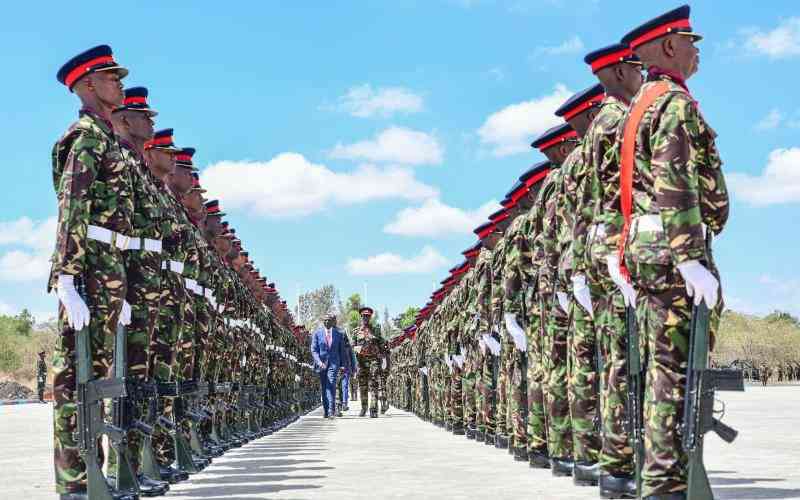×
The Standard e-Paper
Join Thousands Daily

President William Ruto has defended his decision to send police officers to Haiti, even as he told off critics concerned by the distance to the troubled country and the language barrier the officers will face.
The President said this was not the first time Kenya was sending police officers to restore law and order in a troubled country.